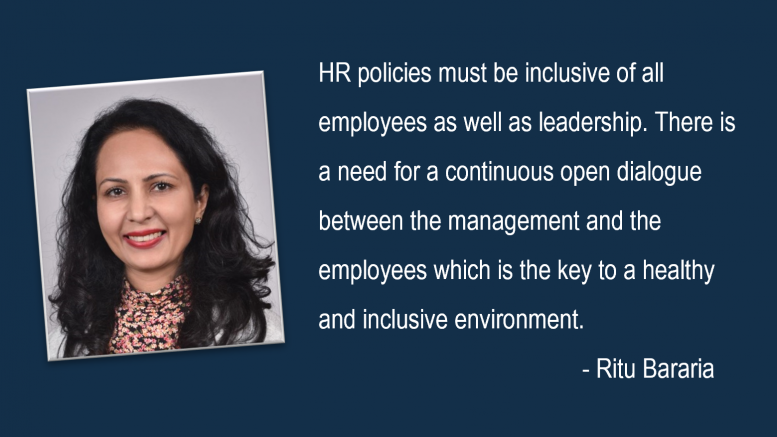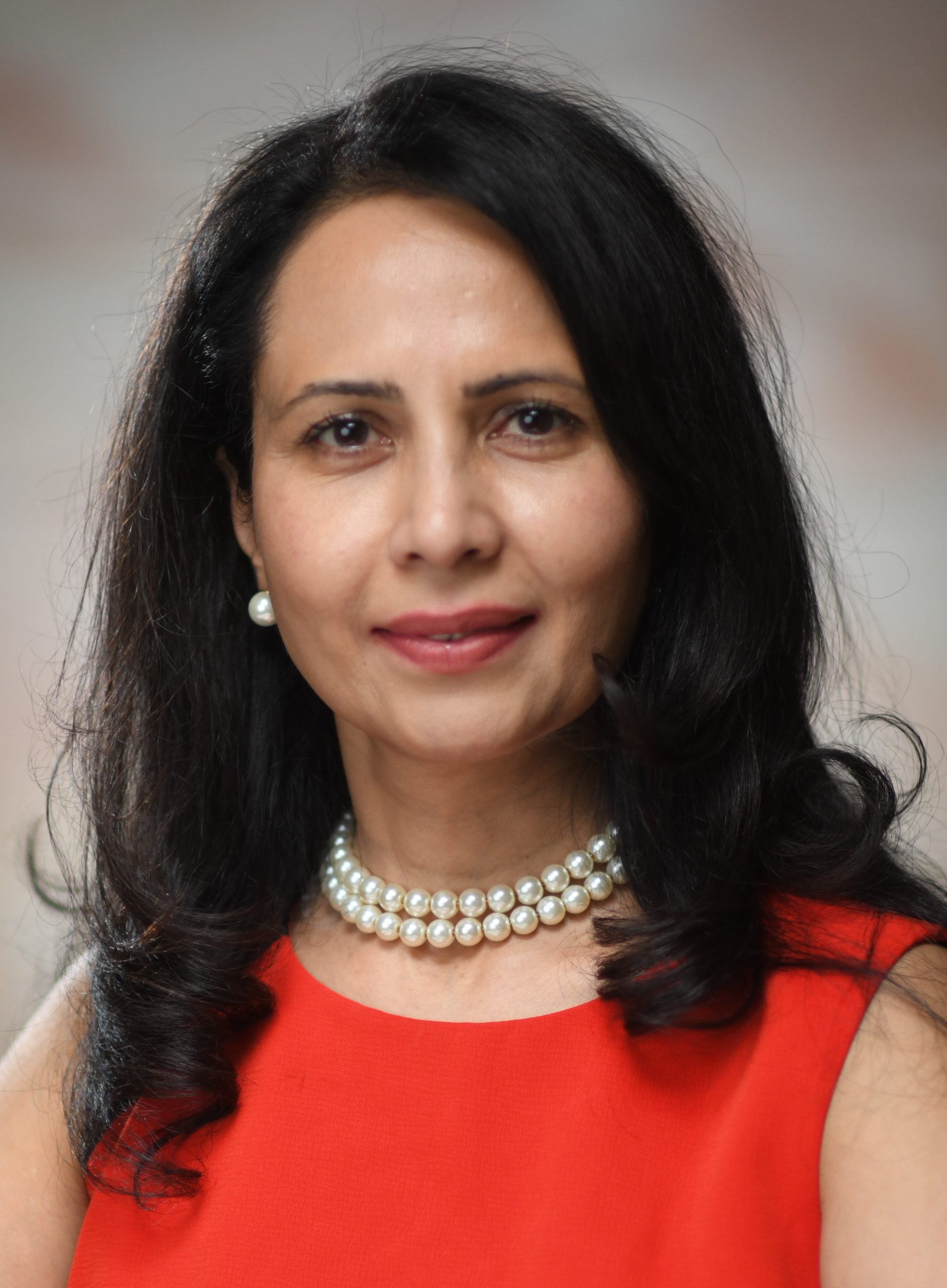It is heartening to see how organisations today are taking measures to create a diverse, equitable and inclusive workplace. Although traditionally the corporate world has been aware of the importance of DEI however, it is comparatively recently that a lot of emphasis has been put upon this concept resulting in making this as a strong need of the hour.
Companies are making constant efforts towards enhancing the feeling of equity, diversity, and inclusion among all employees, thereby boosting a healthy and fair work environment. This can be done by way of conducting training programs for employees, forming internal committees to talk openly and productively about DEI, and making their HR policies people friendly where diverse sets of people are given equal opportunities and are treated fairly.
It is imperative for the corporates to embrace, integrate, and adapt to different cultural styles, to be able to deal with conflict due to cultural differences and the dynamics of inequality, and to engage effectively in dialogue about social identities, diversity, and oppression issues.
It is very important to encourage empathy which contributes towards creating an equitable environment. There is a need for an ongoing educational process to build DEI competencies. Shifting an organisation’s culture towards DEI is not just a one-time exercise, it is a continuous process. This leads to enhancing Individual and organisational well-being as creating a healthy organisational culture is an ongoing process and the collective responsibility of leadership and other employees.
Engaging all employees in the process of creating sensitisation and awareness, embedding DEI as an extremely important part of company policies and procedures enhances belonging and inclusion. And when organisations engage in this way, they contribute to actions being taken across sectors towards creating societal changes and fostering equity.
It is a very positive sign that Diversity, equity, and inclusion has become a top priority for organisational leaders across the globe. Companies must invest in DEI education for their employees and should allocate regular budgets towards this so that an awareness and sensitivity is created towards each other. It is true that many companies fail to cultivate an environment that attracts and retains employees from certain backgrounds. Corporates across the globe must create interventions that are sustainable, promote equity, and hire and retain diverse employees.
DEI as a concept is ever-evolving. Every corporate must prioritise needs and unique support systems of employees who are differently abled, there should be no room for discrimination against any employee or job candidate based on their disability status. Corporates must be sensitive to all genders and there must be no discrimination basis a person’s gender, equal job opportunities must be provided to all irrespective of their gender.
HR policies must be inclusive of all employees as well as leadership. There is a need for a continuous open dialogue between the management and the employees which is the key to a healthy and inclusive environment.
However, nothing will change if employees aren’t being held accountable for the environments that they are cultivating. Employees are no longer willing to stand for inequities especially when it is easier to find a company that cares more about employee wellbeing. Creating an environment that is safe from harm, inclusive, and built on justice and equity should be every employee’s responsibility.
Corporates can also look at having in-house DEI professionals for guidance and strategy.
However, we must remember that one person cannot change a toxic work culture. Creating change can be challenging for an organisation but it is not impossible. Diversity, Equity, Inclusion is the way forward and corporates around the world must wake up to this fact and imbibe it deeply into their workplace.
The views and opinions published here belong to the author and do not necessarily reflect the views and opinions of the publisher.



Be the first to comment on "Building a Diverse, Equitable & Inclusive Corporate Culture"